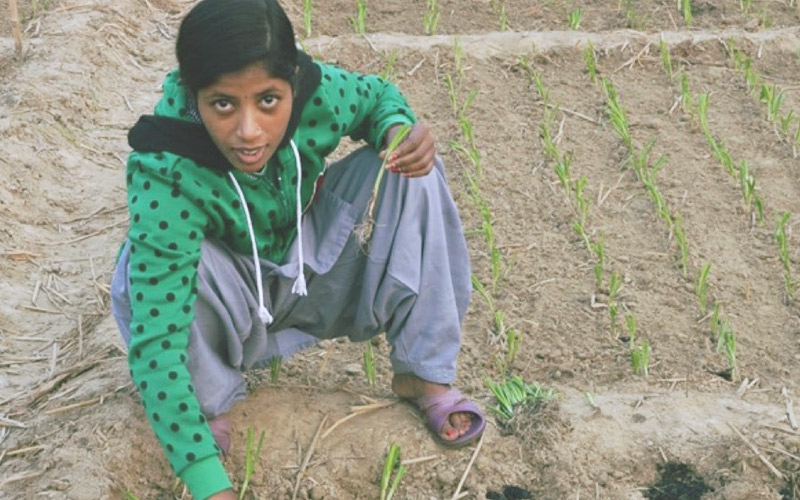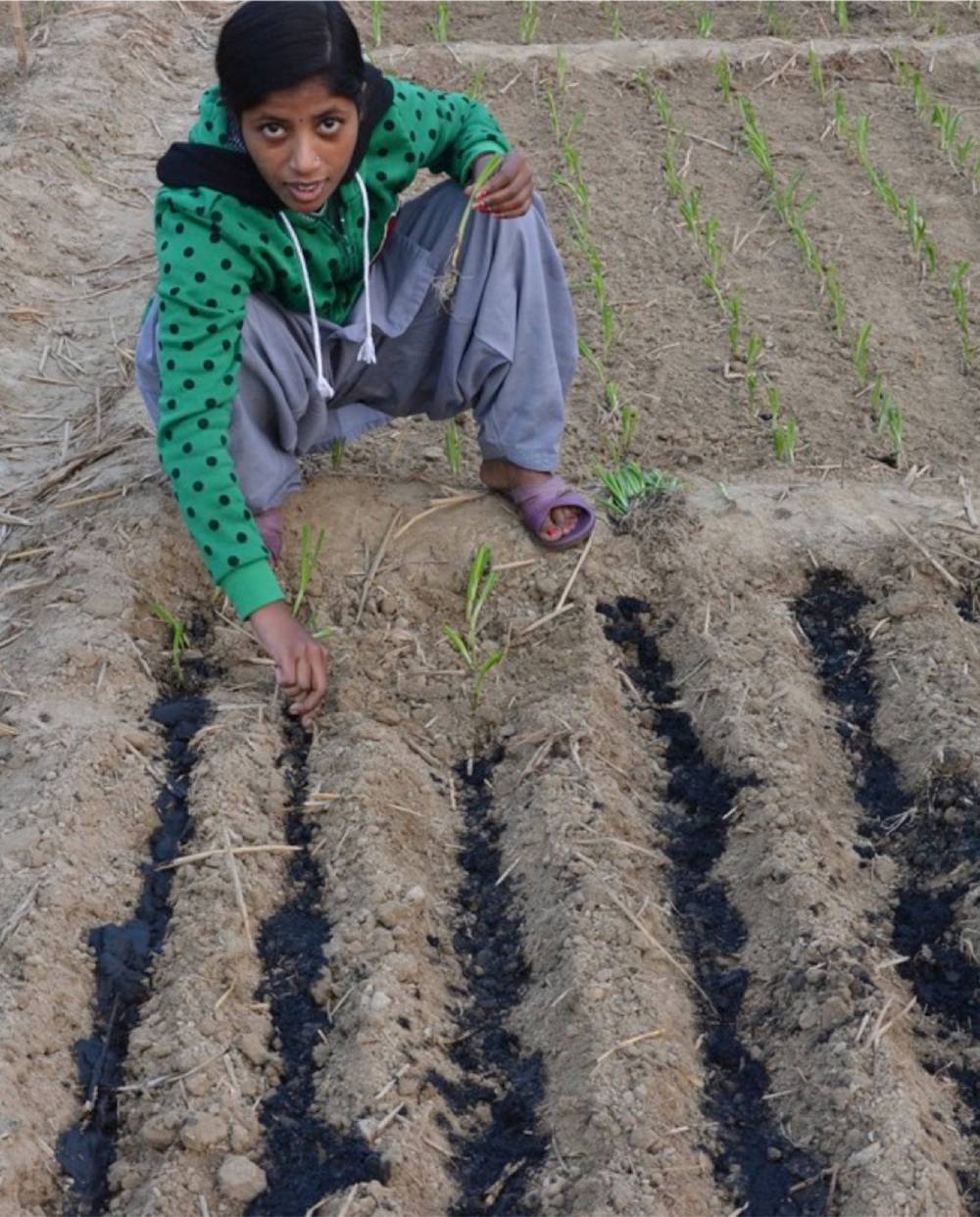Ithaka Institute
Farmers Learn to Turn Waste into Fertilizer
Nepal
Since late 2014 more than 200 Nepali farming families have learned how to make their own fertilizers using different waste materials. To create an effective nutrient carrier, farmers have learned how to carbonize an invasive shrub (Eupatorium, also called ‘forest killer’) or other crop residues using low or no-cost Kon-Tiki style kilns. Nearly 100 farmers have also built urine collection pits to collect livestock and in some cases human urine which is combined with the charred biomass (also called biochar). Increasingly some farmers are also charring animal bones to add needed phosphorous to their soils.
Producing their own fertilizer from waste reduces costs for farmers. In addition, farmers are able to add long lasting carbon to their soils, which has been shown to improve yields and sequester carbon in soils for hundreds of years.
To date this urine enriched biochar has been tested on many different crops including: onions, potatoes, sugar cane, chili, pumpkins, tomatoes, maize, cabbage, cauliflower, and more. Yield improvement varied amongst crops, but nearly all crops showed improvement. Some such as pumpkin had substantial improvement (364%) while others had a more moderate improvement (e.g. onions 18%, tomatoes 21%).
Ambika Aryal, a participating farmer, has seen her yield double. Ms. Aryal earned $350 from her farm 100m2 plot, an important contribution to her family’s annual income. “We need to share the results with other farmers,” she comments.
The enriched biochar is also being used to plant forest gardens, which include tea plants, banana, coffee and other trees which will produce valuable products for farmers in an effort to boost rural economic development and has improved tree survivability substantially.





